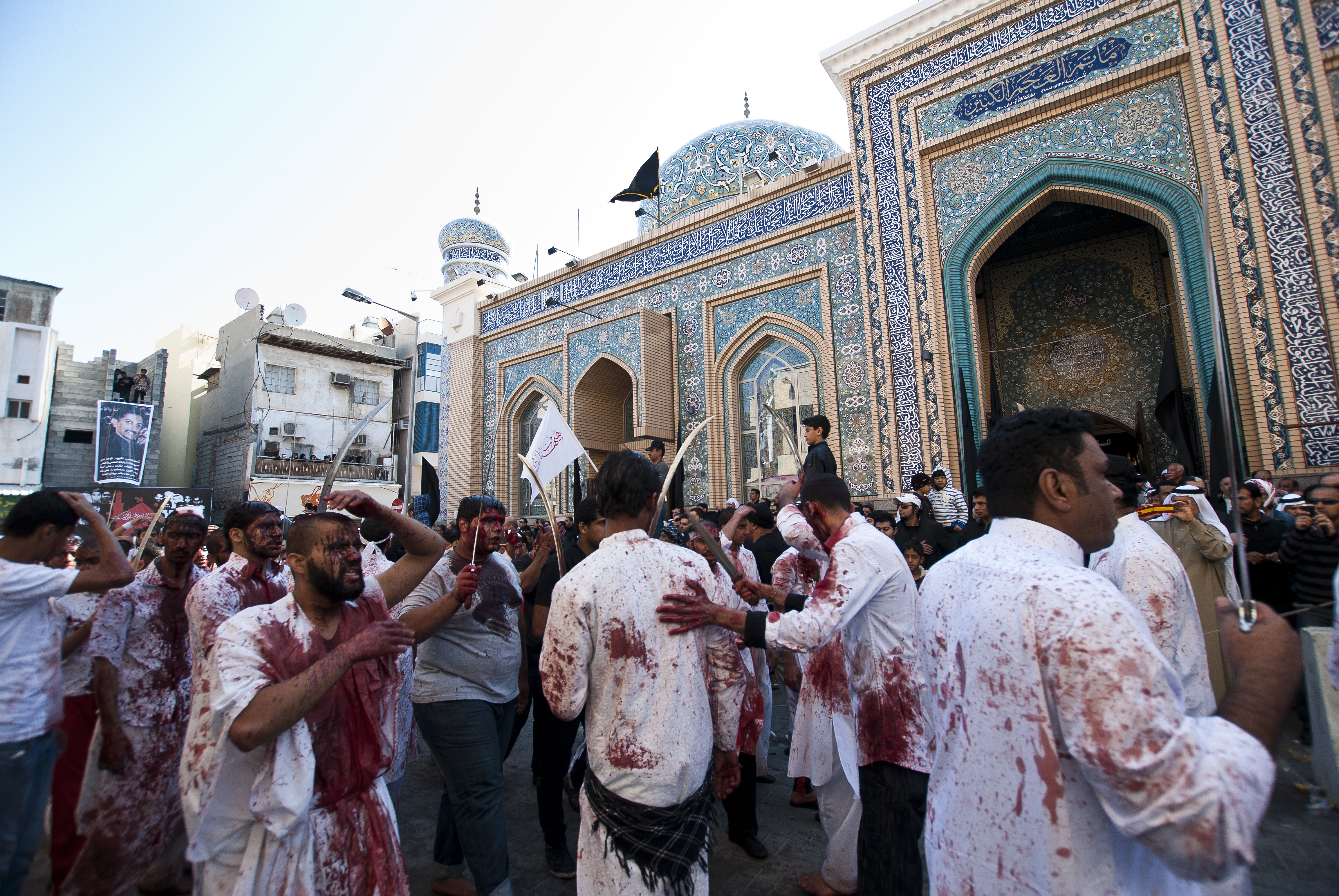|
Azadari In Lucknow
Azadari in Lucknow or ''Mourning in Lucknow'', is name of the practices related to mourning and commemoration of the anniversary of the death of Imam Husayn ibn Ali at the Battle of Karbala in 680, particularly in ''period of Muharram'' (in the Indian sub-continent ''Muharram'' in the context of remembrance of the events of Karbala means the period of two months & eight days i.e. 68 days starting from the evening of 29 Zill-Hijjah and ending on the evening of 8 Rabi-al-Awwal) and in general round the year. The Government of Uttar Pradesh banned the processions in 1977 because of riots and violence. As a result of protests, demonstrations, court arrests, self immolations and deaths of Shia youth, under the leadership of shia ulemas, the Shias were permitted by the government to stage an Azadari procession in January 1998 (21st of Ramzan). A limited number of processions are allowed, and security is tight. [...More Info...] [...Related Items...] OR: [Wikipedia] [Google] [Baidu] |
Asif Muharram 1795 1
Asif ( ar, آصف) is an Arabic language, Arabic masculine given name. In Persian and Urdu it is often pronounced as 'Asif' or 'Asef' though the original form is 'Asaf'. This name referred to Solomon's vizier in the Islamic tradition, and by extension to a wise, prudential figure. It was originally borrowed from the Hebrew name Asaf (אסף) meaning "gather, harvest" (lit. "he gathered.") People with this name In antiquity * Asif ibn Barkhiya, Asif bin Barkhiya, described in the 27th Chapter of the Qur'an, transported the throne of the Queen of Sheba In modern times * Asif Ahmad Ali (1940–2022), Pakistani politician and government minister, Foreign Minister 1993–1996 * Asif Ahmad, British diplomat * Asif Akbar, Bangladeshi singer * Asif Ali (other), multiple people * Asif Bashir Bhagat, Pakistani politician * Asif Din, English cricketer * Asif Farrukhi, Pakistani doctor, writer and translator * Asif Ismail, Indian tennis player * Asif Kapadia, English film director * A ... [...More Info...] [...Related Items...] OR: [Wikipedia] [Google] [Baidu] |
Rauza
Rauza, Rouza, Roza ( ur, , bn, রৌজা, hi, रौज़ा) is a Perso-Arabic term used in Middle East and Indian subcontinent which means shrine or tomb. It is also known as mazār, ''maqbara'' or ''dargah''. The word ''rauza'' is derived through Persian from the Arabic ''rawdah'' ( ''rawḍah'') meaning garden, but extended to tomb surrounded by garden as at Agra and Aurangabad. Abdul Hamid Lahauri, the author of the Badshahnama, the official history of Shah Jahan's reign, calls Taj Mahal ''rauza-i munawwara'' (Perso-Arabic The Persian alphabet ( fa, الفبای فارسی, Alefbâye Fârsi) is a writing system that is a version of the Arabic script used for the Persian language spoken in Iran ( Western Persian) and Afghanistan (Dari Persian) since the 7th cent ...: ''rawdah-i munawwarah''), meaning the illumined or illustrious tomb in a garden. References Burial monuments and structures Islamic architecture Arabic words and phrases Persian words a ... [...More Info...] [...Related Items...] OR: [Wikipedia] [Google] [Baidu] |
Qama Zani
''Tatbir'' ( ar, تطبير), also known as Talwar zani and Qama Zani in South Asia, is a form of ritual bloodletting, practiced as an act of mourning by some Shia Islam, Shia Muslims, for the younger grandson of Muhammad, Husayn ibn Ali, who was killed along with his children, companions and near relatives at the Battle of Karbala by the Umayyad Caliphate, Umayyad Caliph Yazid I. Performance of Tatbir Tatbir is practiced by some Shia Muslims on the 10 Muharram of the Islamic calendar, known as "the Day of Ashura", and on the 40th day after Ashura, Known as "Arba'een/Chehelom" by Twelvers around the world. Some Shia may also perform tatbir on other occasions as well. The practice of Tatbir includes striking oneself with a form of a ''talwar'' "sword" on the head, causing blood to flow in remembrance of the innocent blood of Imam Husayn. Some Twelvers also hit their back and/or chest with blades attached to chains. Fatwas Tatbir are contested among Shia clerics. While some tr ... [...More Info...] [...Related Items...] OR: [Wikipedia] [Google] [Baidu] |
